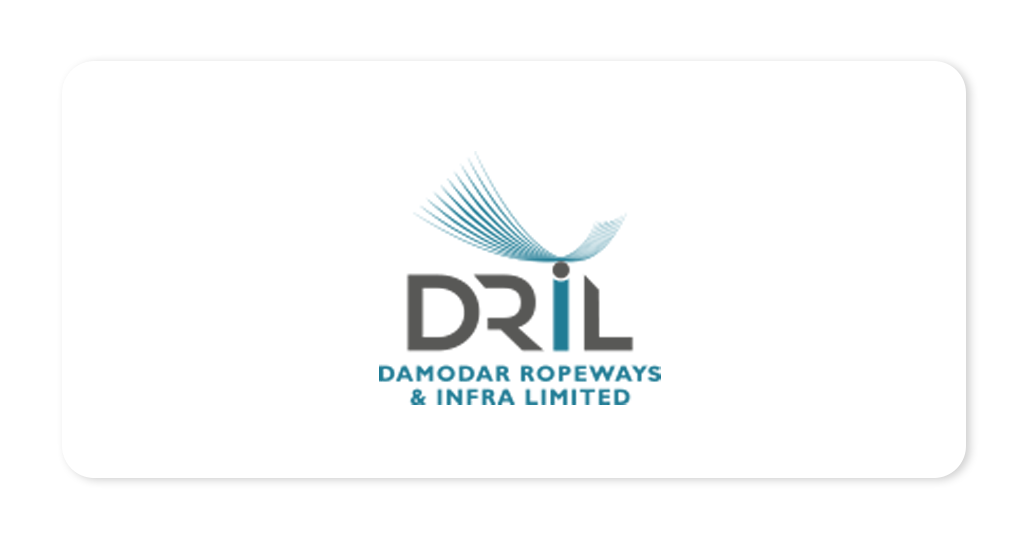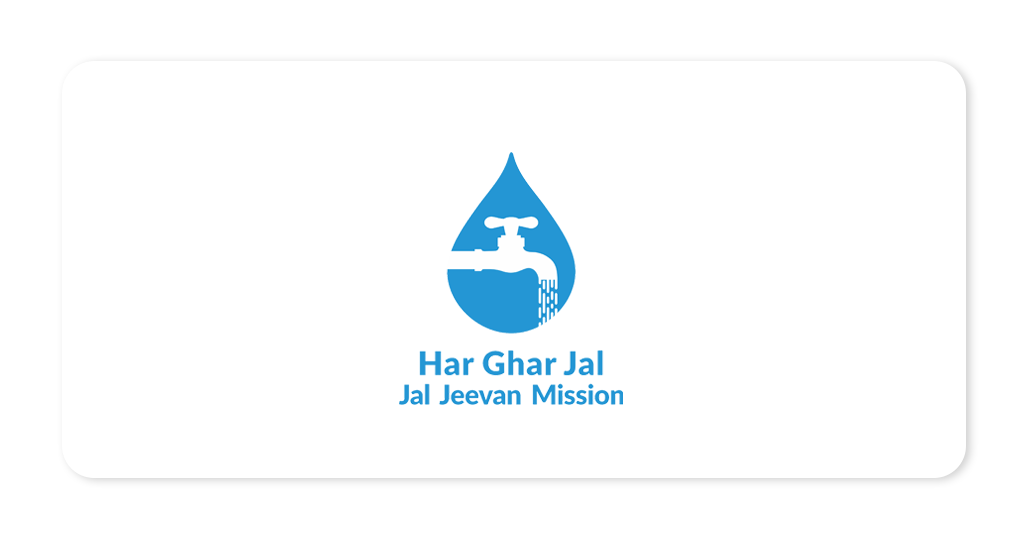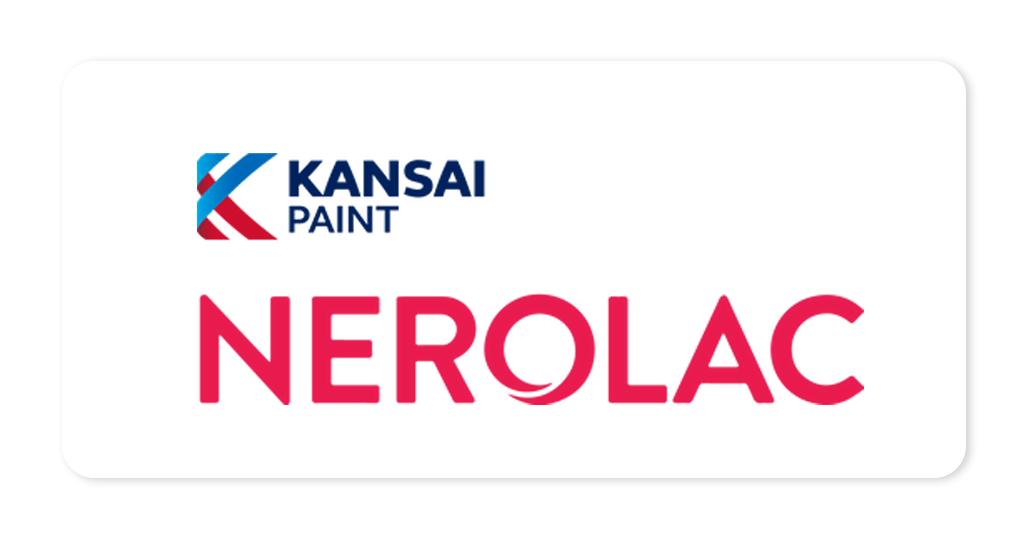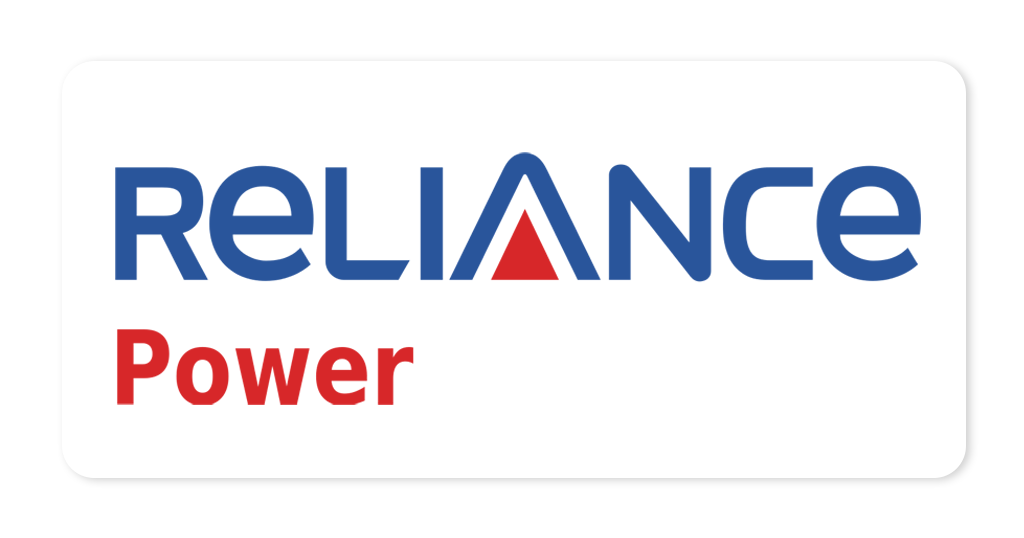01 Oct 2025
Soil Testing Laboratory
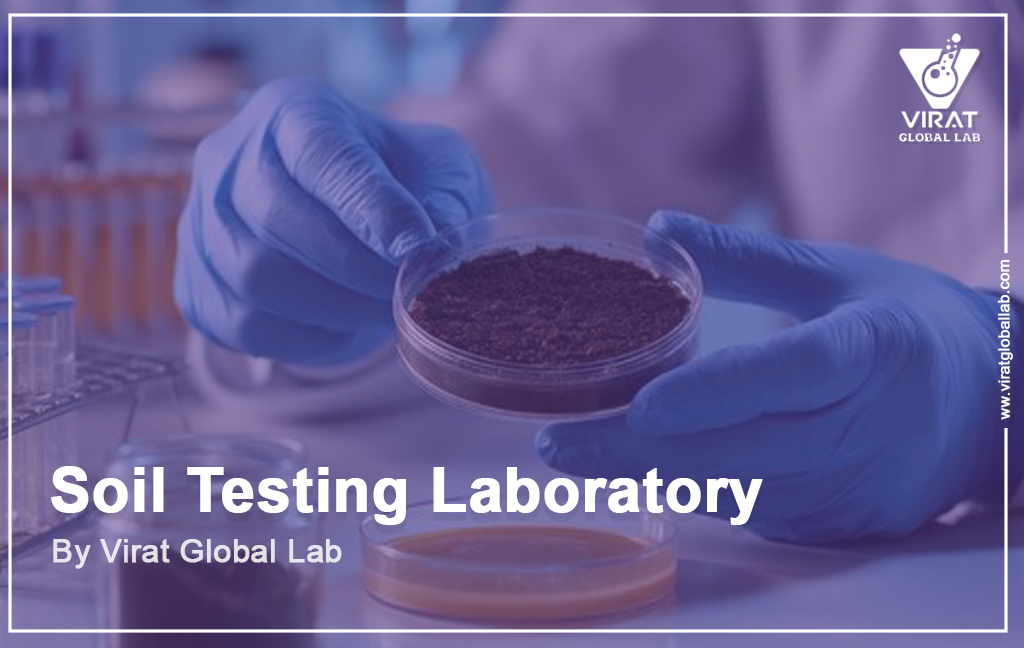
Soil Testing Laboratory
Unlocking the Secrets Beneath the Ground
Soil is the silent foundation of life on Earth. From the food we eat to the buildings we live in; everything depends on the quality of soil beneath us. Yet, most of us know very little about what makes soil healthy, fertile, or suitable for use. This is where a Soil Testing Laboratory comes in.
A soil testing lab scientifically analyses the physical, chemical, and biological properties of soil, helping farmers, builders, and environmentalists make informed decisions. It takes the guesswork out of farming and construction by providing clear, accurate data about the land.
Why Soil Testing Matters
Soil isn’t just “dirt.” It’s a complex mixture of minerals, organic matter, water, air, and microorganisms. Its quality directly affects crop productivity, structural stability, and environmental health. Without proper testing, we risk poor harvests, unsafe buildings, and polluted land.
Here’s why soil testing is essential:
- For Farmers: A soil test reveals nutrient levels and deficiencies. Instead of blindly applying fertilizers, farmers can know exactly what their soil needs is saving money, improving crop yield, and maintaining long-term soil fertility.
- For Construction: Engineers rely on soil testing to check if the ground can support foundations, bridges, or roads. Weak or unstable soil can cause cracks, collapses, or costly repairs.
- For Environment & Industry: Soil testing detects pollutants, heavy metals, and salinity levels, ensuring land is safe for agriculture, housing, or industrial development.
Functions of a Soil Testing Laboratory
A professional soil testing laboratory provides a wide range of services. Some key tests include:
- Nutrient Analysis
- Measures macronutrients like Nitrogen (N), Phosphorus (P), and Potassium (K), which are essential for plant growth.
- Tests for secondary nutrients (Calcium, Magnesium, Sulphur) and micronutrients (Zinc, Iron, Manganese, Copper, Boron).
- Helps design the right fertilizer mix for maximum efficiency.
- Physical Properties Testing
- Soil texture: Proportions of sand, silt, and clay.
- Moisture content and water-holding capacity: Vital for irrigation planning.
- Bulk density & porosity: Determines aeration and root penetration ability.
- Plasticity & compaction tests: Crucial for construction suitability.
- Chemical Properties Testing
- pH value: Tells if the soil is acidic, neutral, or alkaline.
- Electrical conductivity (EC): Indicates salinity levels.
- Organic carbon: A measure of soil fertility and microbial health.
- Toxicity check: Presence of harmful salts or chemical residues.
- Contaminant & Specialized Tests
- Detects heavy metals like lead, arsenic, cadmium, and mercury.
- Identifies pesticide and industrial residue.
- Evaluates microbiological activity in soil for sustainable farming practices.
Applications of Soil Testing
Soil testing labs serve multiple industries and stakeholders:
- Agriculture: Farmers can improve productivity by understanding what their soil needs. For example, a farmer in Uttar Pradesh growing sugarcane may find that his soil is deficient in zinc, which directly impacts crop yield.
- Civil Engineering & Construction: Builders ensure foundations are strong. A project in Delhi NCR, for instance, would require soil compaction tests before laying the foundation of a high-rise.
- Environmental Management: Soil tests help in reclaiming polluted land, assessing waste disposal sites, and ensuring sustainable mining activities.
- Government & Research Agencies: Used for land-use planning, soil health card schemes, and policy-making for agriculture and infrastructure.
The Soil Testing Process
A soil testing laboratory follows a systematic process to ensure accuracy:
- Soil Sampling
- Samples are collected from different depths and locations across the land.
- Proper sampling ensures reliable results.
- Laboratory Analysis
- Advanced instruments like spectrophotometers, atomic absorption spectrometers, and chromatography systems are used for testing.
- Interpretation & Report Generation
- Results are presented in an easy-to-understand format.
- Farmers receive fertilizer recommendations, while builders get safety ratings for construction.
- Advisory & Solutions
- The lab provides expert advice on soil management, remediation (if polluted), and long-term sustainability practices.
Why Choose a Certified Soil Testing Laboratory?
Not all labs provide the same level of precision. A certified and NABL-accredited laboratory ensures:
- Accurate results using international standards.
- Reliable recommendations for agriculture, construction, and industry.
- Transparency and credibility, trusted by government and leading organizations.
Final Thoughts
Soil testing is not just a scientific necessity. it’s an investment in the future. Whether it’s ensuring that a farmer’s land produces healthy crops, or a construction project stands strong for decades, a soil testing laboratory provides the foundation of trust and reliability.
Call to Action
At Virat Global Lab, we combine advanced testing methods with expert guidance to deliver reliable soil analysis. From nutrient evaluation for farmers to foundation safety for builders, we help you make smarter, safer, and more sustainable decisions.
For Farmers – Boost crop productivity with targeted fertilizer recommendations.
For Builders – Build confidently on tested and certified soil.
For Industries – Ensure compliance and safeguard the environment.
Contact Virat Global Lab today to test your soil and discover what lies beneath, it’s the first step toward better harvests, stronger structures, and a sustainable future.
Related Post








